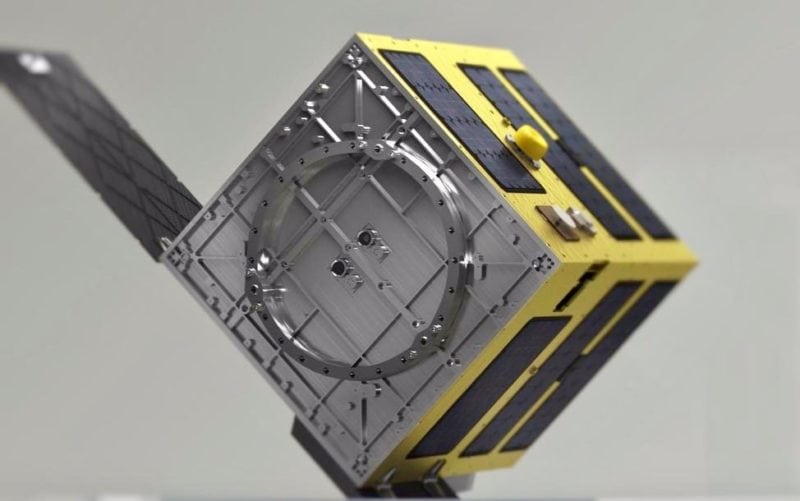Latest News

Astroscale’s Elsa-d satellite. Photo: Astroscale
Astroscale will collaborate with the University of Southampton on a project to investigate collision risks between satellites, highlighting the necessity for financial incentives for satellite operators to engage with active debris removal services.
The University of Southampton is a partner university on the national SPRINT (SPace Research and Innovation Network for Technology) program and the project with Astroscale will be funded by SPRINT. During the eight-month project, the effectiveness of different active debris removal strategies will be determined using the semi-deterministic model, Debris Analysis and Monitoring Architecture to the Geosynchronous Environment (DAMAGE). DAMAGE aims to simulate the evolution of future debris populations and will support quantifying the financial value of debris removal to satellite operators. The software was upgraded recently to provide the capability to simulate large satellite constellations in Low-Earth Orbit (LEO).
“Debris poses a threat to active satellites on which we rely daily. Though society is growing more aware of this increasing hazard, some satellite operators have not fully recognised the importance of removing their defunct spacecraft,” said John Auburn, Chief Commercial Officer of Astroscale. “By using DAMAGE to identify and model collision risk in orbit, we expect to quantify the value of debris removal to the maintenance of business sustainability.”
Get the latest Via Satellite news!
Subscribe Now